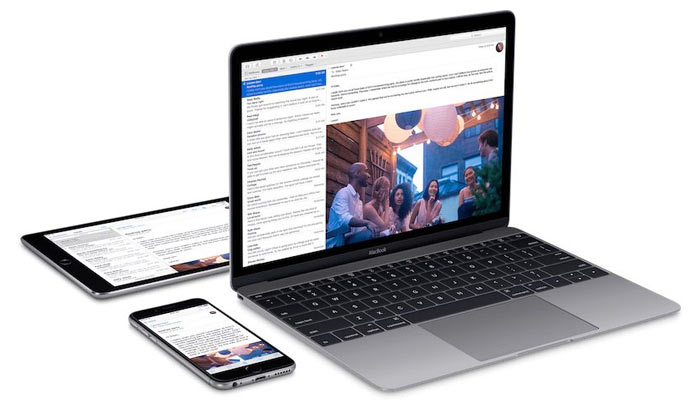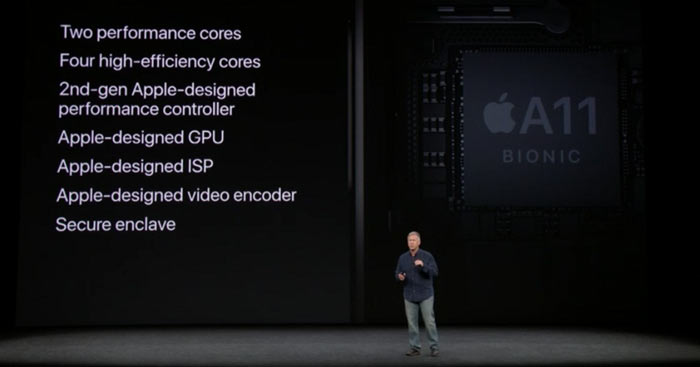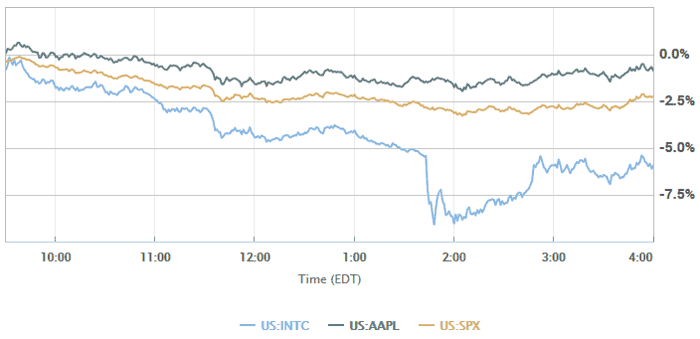Insider sources talking to Bloomberg have indicated that Apple is preparing to transition away from Intel chips for its Mac computers. This doesn't signify a move to AMD, the change is much bigger than that, as people familiar with the plans say Intel's CPUs will be replaced by an Apple in-house design.

Apple's new computer CPU plans are codenamed 'Kalamata' and are said to be in their early stages of development at this time. However, the first Macs with Apple's own designed chips aren't really that far away, with the sources indicating that the first machines sporting the processors could arrive in 2020. Bloomberg admits that Apple "could still theoretically abandon or delay the switch," but it must see good reasons to make the move and has made similar moves in its recent history.
Back in 2005 Apple computers started their last major transition - away from PowerPC to Intel CPUs. Since that time major revisions and releases have been step timed to match Intel's processor generation releases - just like others in the PC industry. Being able to break from another organisation's calendar will be good for Apple. Furthermore it will have greater control over the CPU architecture' optimising operations that it sees as most important and so on.
A year ago we saw Apple began to end its reliance on Imagination Tech for its mobile device GPUs. Whilst very bad news for Imagination, Apple's move made sense in that it could implement "a separate, independent graphics design in order to control its products". This vertical integration also gives better control over costs and schedules. Apple has move quickly and it has already debuted its first in-house GPU design in the iPhone 8 and X models.
With all the talk about Macs and iOS devices getting closer over time, it is likely that the first Macs that transition from Intel chips will use something based upon the Arm architecture. Apple may leverage top end AXX designs with greater power budgets. The Windows PC industry has just started to see Qualcomm Snapdragon 835 PCs emerge. Similarly, the first Apple Macs with Apple designed CPUs are likely to be laptops.

Apple's newest SoC is the A11 Bionic, currently only used in the iPhone 8, 8 Plus and X. Back in September last year PCPer did some interesting benchmarks and tests on the A11 comparing it with various Qualcomm, Huawei and Intel SOCs.
Understandably Intel shares reacted badly to this news, as it broke around 1.45pm US Eastern time yesterday. Share values were down as much as 9.2 per cent during the day but recovered somewhat to close at 6.4 per cent down.














